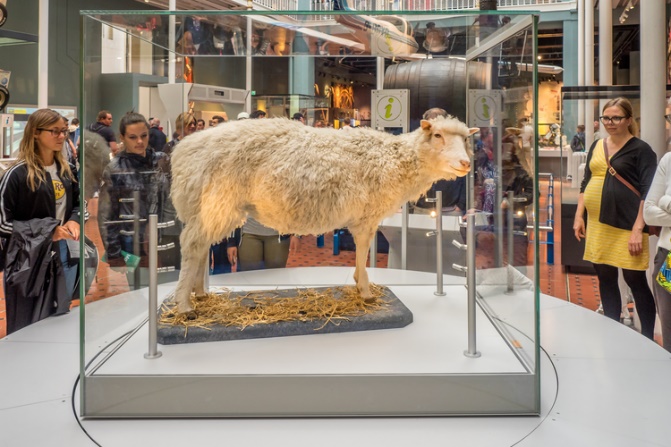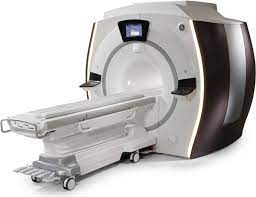Great Scottish inventors have continuously changed the world via their inspired inventiveness and limitless imagination. Between the 18th and 19th centuries, the Scottish Enlightenment produced several scientific advances in various sectors. Scotland has always been known for its zeal for innovation, which has benefited domestic and global industry with inventions like the television, penicillin, and tidal energy turbines. Scotland is a nation that breathes innovation.
Television
Nowadays, it isn’t easy to imagine life without television. People have been hooked to their screens, watching critical international events for decades. Viewers can explore the world, learn about various cultures, or saunter through channel after channel through their screens.
And we owe a Scotsman a debt of gratitude for this revolutionary creation. John Logie Baird successfully presented the first functional television in 1926. Logie Baird set a new standard when he made the first trans-Atlantic television transmission two years later, in February 1928.
Mammal Cloning
Cloning is by far one of the most controversial topics of science ever. The sheep are always considered naïve animals that are innocent but dumb. Few sheep, though, are as unique as our Dolly because she was the first mammal to be cloned from an adult cell. Dolly, dubbed “the world’s most famous sheep,” was born on July 5, 1996, at The University of Edinburgh’s Roslin Institute. Dolly, who took the name Dolly Parton from the singer, rose to fame worldwide and was even mentioned in the esteemed Time Magazine.
Full body MRI scanner
Strong magnetic fields and radio waves are used in MRI scanners to create images of the body’s organs. Health professionals worldwide utilize them today, but the first innovation came with making the first photographs in 1980.
Hutchison and his colleagues created the first full-body MRI scanner in 1980, and it is still in use as one of the most sophisticated and secure methods to view the human body.
Penicillin
Due to his discovery of penicillin, Sir Alexander Fleming is undoubtedly one of the most well-known Scots. After William Wallace and Robert Burns, Fleming was named the third greatest Scot in 2009 and received the Nobel Prize. You might not be aware that he made this life-saving discovery partially by mistake.
After a lengthy family vacation in 1928, when Fleming—researching the influenza virus—returned to his lab, he discovered the cultures he had been studying heaped in a corner. When Fleming noticed strange alterations in the cultures, he used them to isolate penicillin, ushering in the era of modern antibiotics.
The ATM Machine
James Goodfellow, born in Paisley, is credited with developing the first automated teller machine in 1966. By then, the idea of a computerized cash dispensing device had been around for several decades. However, the creation of a completely functional system was still far from perfect.
Goodfellow, whom Smiths Industries employed, eventually developed the system that uses a readable card and a personal identification number, which is quite well known today. One of the most influential Scottish inventions of the 20th century, tens of millions of ATM devices are in use today.





